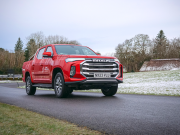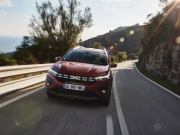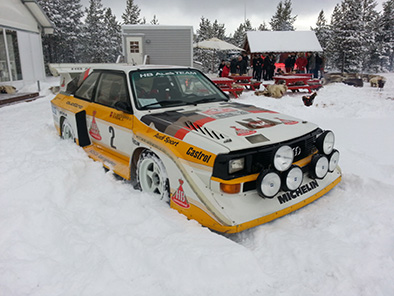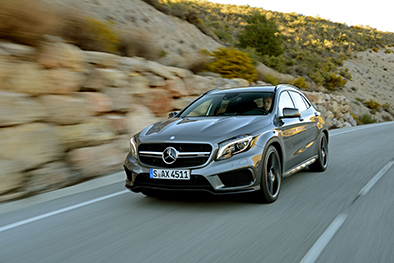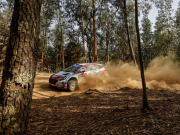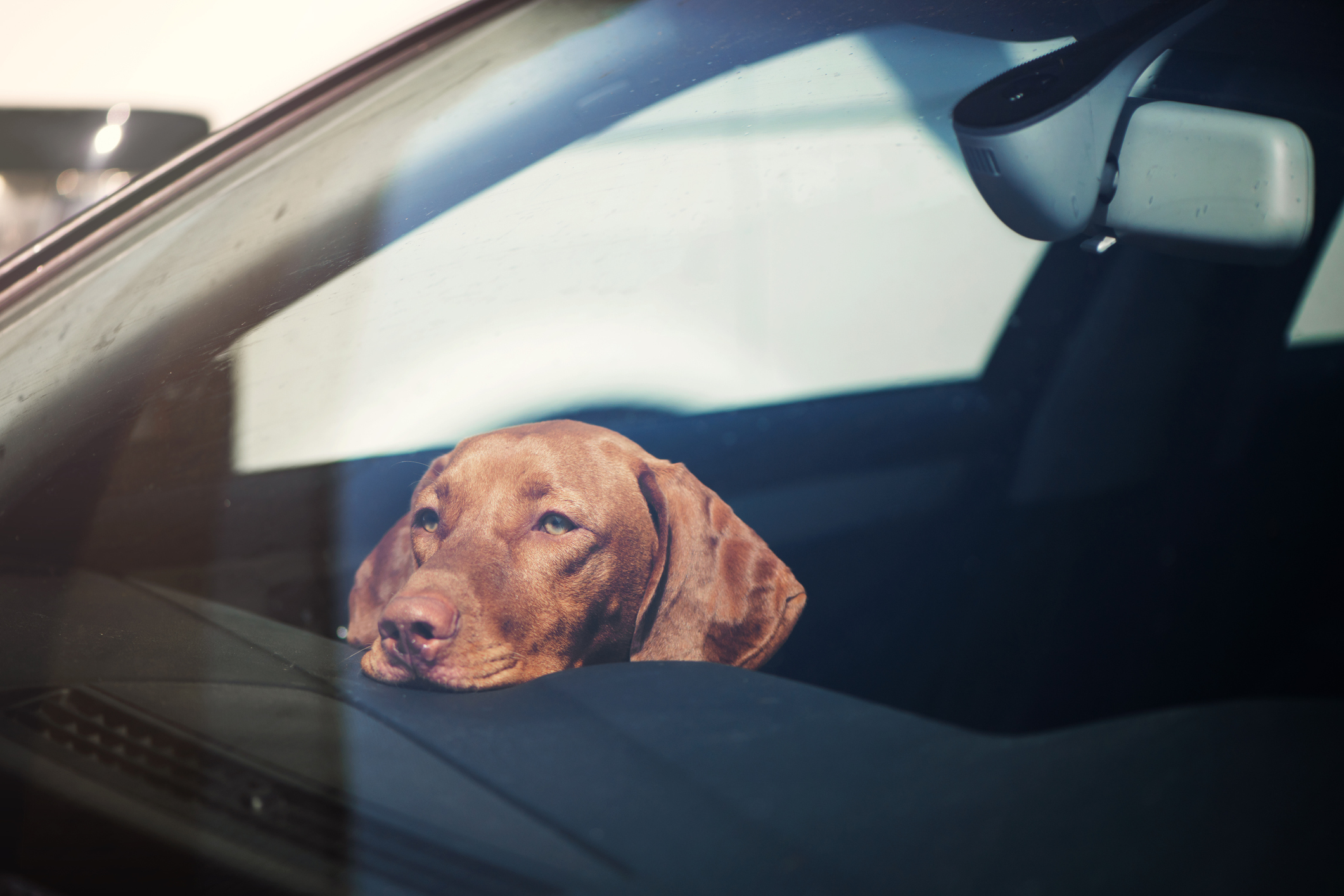
Most of us are welcoming summer and the higher temperatures it can bring, but it’s important to remember that the warmer weather can pose a serious risk for your pets. If you’re planning on bringing them in the car with you, note that pets can suffer from the excessive heat. Know the signs of overheating in pets, including dry or pale gums, weakness, increased heart rate and excessive panting. If you notice they are dehydrated or are overheating, make sure they have enough water and a spot in the shade to sit in. Remember to not overexert them on walks or activities.
“Never leave pets alone in hot cars, even if it’s just for a few minutes – 10 minutes can be enough to prove fatal. Leaving a window open will not help, it won’t protect them against heatstroke. If you do notice they are overheating, give them a drink of water, bring them to a cool area and spray them with cool water,” says Anna Cullen from AA Ireland.
But what happens if you encounter animals outside the car?
The AA advises motorists to slow down if you spot an animal on or near the road. Failing to reduce your speed could force you to suddenly brake or need to swerve, putting yourself and other road-users at risk. As well as protecting the animals themselves, remember that larger animals could cause you serious harm if you collide with them. Always slow your speed when overtaking horse-drawn vehicles and riders on horseback as well – remember all usual overtaking rules still apply, so you may need to wait for a place where overtaking is permitted and safe.
“The main thing really is to be alert when driving. Drivers have a responsibility to share the road with other road-users, be it other vehicles, cyclists, pedestrians or even animals. The unpredictable nature of animals means you should be extra vigilant if you spot one,” says Cullen.
“Take particular care in areas where animals might be present, such as scenic areas, woodlands, open fields, passing riding schools and in housing estates. Watch out for road signs too.
“If you spot an animal at night through your full headlights, slow down and dip your beams. Full headlights can scare an animal, causing it to freeze – that’s the last thing you want if they’re blocking your path. Stop if you need to allow the animal to pass, but only do that if it’s safe. If you’re on a motorway, only stop if the animal is directly blocking your path,” she adds.
If the worst happens and you do end up colliding with an animal, stay calm. The first and most important thing to consider is your own safety and the safety of other passengers in your car. Where possible, find a safe spot to stop and turn on your hazard lights to warn other road-users.
Avoid attempting to move an injured animal, unless it is in immediate danger and you’re sure it’s safe to do so. Call your local Garda station if there is injury to you or the animal, if there’s damage to your vehicle, or if the collision poses a hazard to other road-users. Collisions involving farm animals and domestic pets must be reported to Gardaí, as they are considered to be their owner’s property.
















